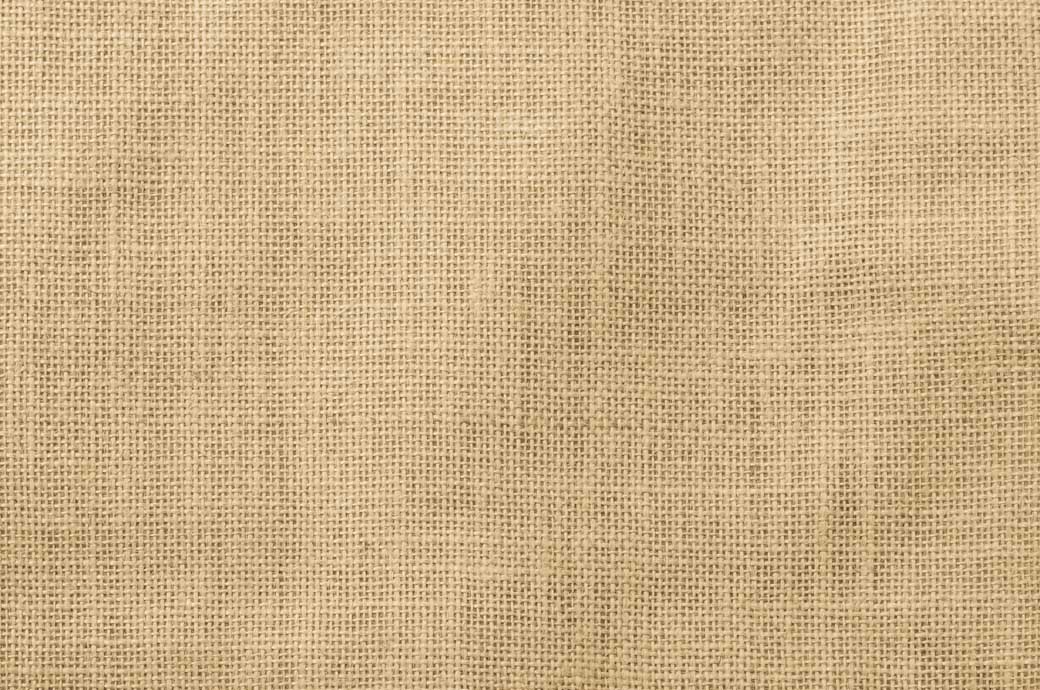
The office also asked mills not to import jute of TD 4 to TD 8 variants (as per the old classification used in the trade) as these are available in adequate amounts in the domestic market.
The variants comprise 75 per cent of the total jute production and trade, said Indian media reports quoting Sanjay Kajaria, former chairman of the Indian Jute Mills Association.
The current season's production stands at 91 lakh bales, with an opening stock of 23 lakh bales and 5 lakh bales of imported raw jute, resulting in a total estimated availability of 119 lakh bales.
The office had recently stopped raw jute transactions below the minimum support price (MSP) level to safeguard the interests of farmers. Raw jute prices have fallen as low as ₹4,100 per quintal compared to MSP’s ₹5,050 for the median variety.
Though the Jute Corporation of India’s duty is to procure raw jute from farmers at MSP, it has been observed that their operation is not adequate to cover every corner of the country, prompting the regulator to intervene in order to protect farmers.
Fibre2Fashion News Desk (DS)